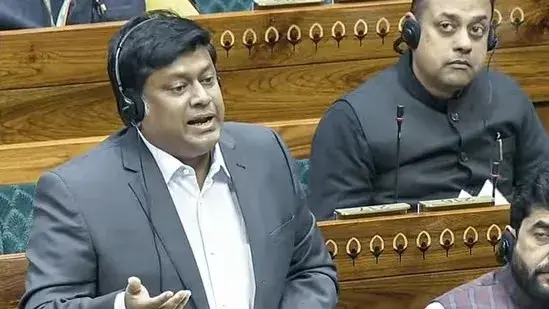Over 50% Rise in Indians Studying Abroad, U.S. Tops the List
The number of Indians pursuing higher education abroad has surged by 52.2% over the past five years, climbing from 5,86,337 in 2019 to 8,92,989 in 2023, according to data shared by the Ministry of Education in the Rajya Sabha. Among these, the United States hosts the largest group, with 2,34,473 Indian students, closely followed by Canada at 2,33,532, and the United Kingdom with 1,36,921. Canada witnessed a remarkable 76% rise in Indian student enrolment during this period, despite diplomatic tensions between the two nations. Key Highlights: Impact of Diplomatic Tensions on Canada: Canada’s popularity as a study destination remains robust, with enrolment increasing from 1,32,620 in 2019 to 2,33,532 in 2023. This growth persists despite escalating tensions, including the expulsion of diplomats and strained relations over the killing of Sikh separatist Hardeep Singh Nijjar in 2024. Canada’s work visa policies, allowing international graduates to work for up to three years post-study, continue to attract Indian students. United States and U.K. Drive Growth: Indian student numbers in the United States surged by 91% during the same period, fueled by the appeal of prestigious universities such as MIT, Harvard, and Stanford. Meanwhile, the United Kingdom recorded a staggering 273.9% rise, aided by the introduction of the Graduate Route Visa in 2021, which allows students to stay and work for two to three years after graduation. Impact of COVID-19: The pandemic caused a 55.7% dip in 2020, with numbers falling to 2,59,655 due to travel restrictions and a shift to online education. The sector has since rebounded strongly, showcasing the enduring appeal of international education for Indian students. Government’s Perspective: Responding to concerns about potential brain drain, Minister of State for Education, Sukanta Majumdar, highlighted the value of the Indian diaspora. “Higher studies abroad are a matter of individual will and choice. A prosperous and influential diaspora is an asset for India, contributing through knowledge sharing and expertise,” Majumdar stated. While the data reflects a rising trend of Indian students seeking global opportunities, it also underscores the need to leverage the potential of this growing diaspora to benefit the nation’s economy and international stature. Source: Hindustan Times Photo Credit: Hindustan Times


